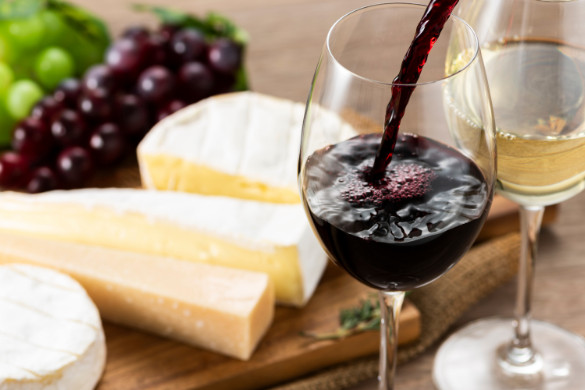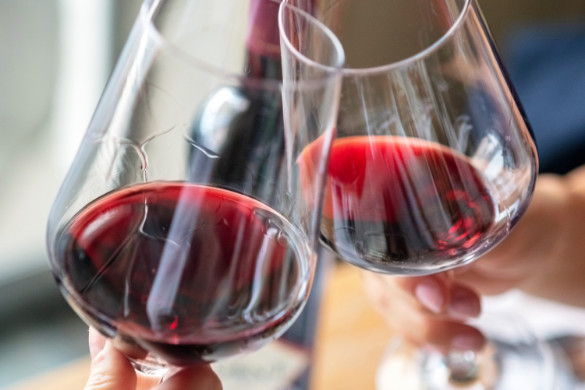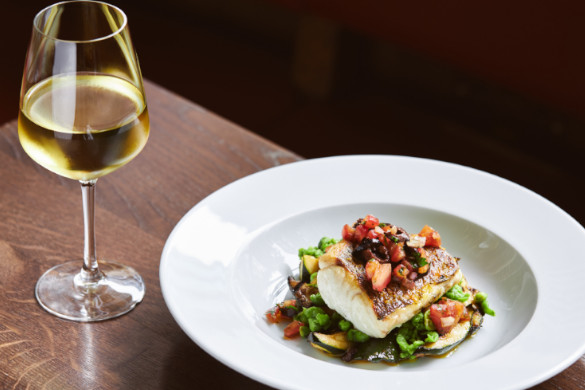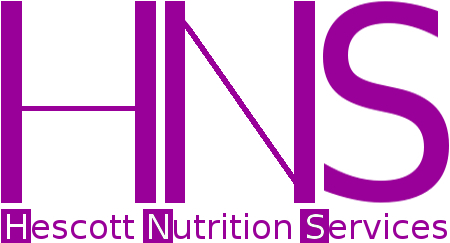.
Welcome to my blog!
.
Sip Smart: Navigating Dealcoholized Wines for Wellness
By Hescott Nutrition Services | posted in April 2024 | Dealcoholized Wines, Health Benefits of Dealcoholized Wines, Caloric Intake, Pregnancy and Lactation, Best Dealcoholized Wine, Types of Dealcoholized Wines.
Dealcoholized wines start life just like regular wines. They're made from grapes and undergo the same fermentation processes. The key difference is that the alcohol is carefully removed afterward, leaving you with a product that mimics traditional wines' flavor and aroma profiles but without the alcohol content.
Compared to wine alternatives, such as sparkling cider, substitutes for wine are frequently chosen to stand in for alcoholic drinks; however, they don't originate as alcoholic beverages. Unlike dealcoholized wine, wine alternatives might be crafted from juice and never undergo the fermentation process that produces alcohol. Consequently, while beverages such as sparkling cider are enjoyable, they lack the intricate flavors of grape varietals and fermentation.
The Health Benefits of Dealcoholized Wines

Lower Caloric Intake
Alcoholic beverages get a significant portion of their calories from alcohol itself, amounting to seven calories per gram. For instance, a standard glass of red wine contains about 125 calories, while white wine has around 120 calories. In contrast, dealcoholized wine offers a lower calorie option, ranging from 20-30 calories per serving. This reduction in calories can benefit individuals aiming to manage their weight.
Notably, alcohol provides empty calories that lack essential nutrients, and its regular consumption, especially in excess, may lead to weight gain. Furthermore, alcohol's metabolism takes precedence over the metabolism of other nutrients like fats and carbohydrates. This means that when alcohol is present in the body, fat burning is temporarily stopped, potentially leading to fat storage.
Safe for Pregnancy and Lactation
Health professionals typically discourage alcohol intake during pregnancy due to its potential harm to the developing fetus, which may include birth defects, developmental delays, and miscarriages. Likewise, breastfeeding mothers are advised to restrict alcohol consumption to avoid passing it on to their infants through breast milk, which can affect the baby's well-being.
Dealcoholized wine offers a safe option for joining in celebratory toasts or savoring a wine-paired meal without the health concerns linked to alcohol consumption. However, it's advisable to seek personalized guidance from healthcare professionals.
Other Health Considerations
For individuals facing health conditions such as liver problems or specific types of cancer or those taking medications that interact negatively with alcohol, traditional wine may not be suitable. For example, alcohol can exacerbate liver conditions and intensify the effects of medications like sedatives and antihistamines.
Non-alcoholic wine allows you to enjoy wine's flavors and ambiance without posing risks to your health or medication regimen. It offers wine's social and taste-related pleasures without compromising health or medication compatibility.
Is Red Wine Better?

Drinking a moderate amount of red wine is often said to be good for your heart, but scientists aren't sure why. A study in the Journal of Nutrition looked at the elements in wine that aren't alcohol could boost your body's ability to fight off harmful things called "radicals" that can damage cells. They also wanted to know if this had something to do with special compounds in wine called "phenols."
Drinking a moderate amount of red wine has long been associated with potential heart benefits, although scientists are still investigating the exact mechanisms behind this phenomenon. A study published in the Journal of Nutrition looked into the non-alcoholic components of wine, exploring how they might improve the body's defense against harmful "radicals" that can harm cells. Also, researchers sought to understand the role of special compounds in wine known as "phenols" in this process.
Ten healthy people drank tap water and two types of de-alcoholized wine: red and white. Red wine had a lot more phenols than white wine. After drinking red wine, people had more antioxidants in their blood, which may help fight off cell damage. White wine and water didn't do that.
Ten individuals participated in a study in which they consumed tap water and two varieties of dealcoholized wine: red and white. The red wine contained significantly higher levels of phenols than the white wine. Following consumption of the red wine, participants exhibited increased levels of antioxidants in their bloodstream, suggesting a potential benefit in combating cell damage. On the other hand, white wine and water consumption did not produce similar antioxidant effects.
How to Select the Best Dealcoholized Wine
Determine Your Purpose
Before diving into the world of dealcoholized wine, it's essential to pinpoint your motivation behind choosing it. Are you aiming for a romantic dinner without the concern of overindulging? Or perhaps you're prioritizing health benefits, such as reduced calorie intake or avoiding alcohol interactions with medication. Your underlying reasons will significantly impact the dealcoholized wine that best suits your needs. Some brands prioritize taste, while others emphasize health benefits like low sugar content. Understanding your "why" will guide you in making a well-informed decision.
Experiment and Taste
The dealcoholized wine market has grown significantly, offering a variety of options. Some brands come close to mimicking the complexity and richness of alcoholic wines, while others are best described as low-sugar grape juice for adults. Don't be afraid to sample a variety of brands. Experimenting is the only way you'll find out what you like. Consider buying sample packs that allow you to try different flavors without committing to a full bottle.
Food Pairing

Consider that no wine-alcoholic or not-exists in isolation. Your choice of food can significantly impact the taste of the wine. Lighter white wines may pair well with fish or chicken dishes, while bolder reds can complement hearty fare like steak or pasta with rich sauces. Just as with traditional wines, it's important to consider the flavors in your meal and how they will harmonize with your drink. You can refer to online pairing guides or apps offering suggestions based on the wine type and dish you're enjoying.
Occasion Appropriate
Let's face it: you wouldn't bring a sports drink to a formal dinner, right? The same principle applies to choosing your dealcoholized wine. Take into account the ambiance and the level of formality of the occasion. Some brands offer wines in elegant bottles that suit sophisticated settings perfectly. Conversely, for a relaxed hangout with friends, you might prefer something in a more casual packaging, like cans.
Types of Dealcoholized Wines
Just like traditional wines, dealcoholized versions come in an array of types. Here are different types along with some retail options for you:
- White: Geisen Sauvignon Blanc and Leitz Eins Zwei for white (Riesling)
- Bubbly: Noughty Alcohol-Free Sparkling (Sparkling Rosé), Edenvale Sparkling Pinot
- Red: Ariel Cabernet, Geisen Merlot, Edenvale Pinot
- Rosé: Geiser Rosé
- Red Blend: Edenvale Grenache/Shiraz, Grüvi Dry Red
Our Top Picks: The Best Dealcoholized Wine Brands
- Ariel Vineyards
- Geiser
- Edenvale
- Noughty
- Grüvi
- Fre Wines
- Leitz Eins Zwei
Conclusion
Harnessing the essence of grapes and undergoing traditional fermentation methods, dealcoholized wines provide exceptional health benefits. Reading about the health advantages of dealcoholized wines will assist you in exploring and selecting the best non-alcoholic wine that's ideal for you.
Are you looking for more guidance on improving your health with food? I'm here to help you meet your health goals. Click to
